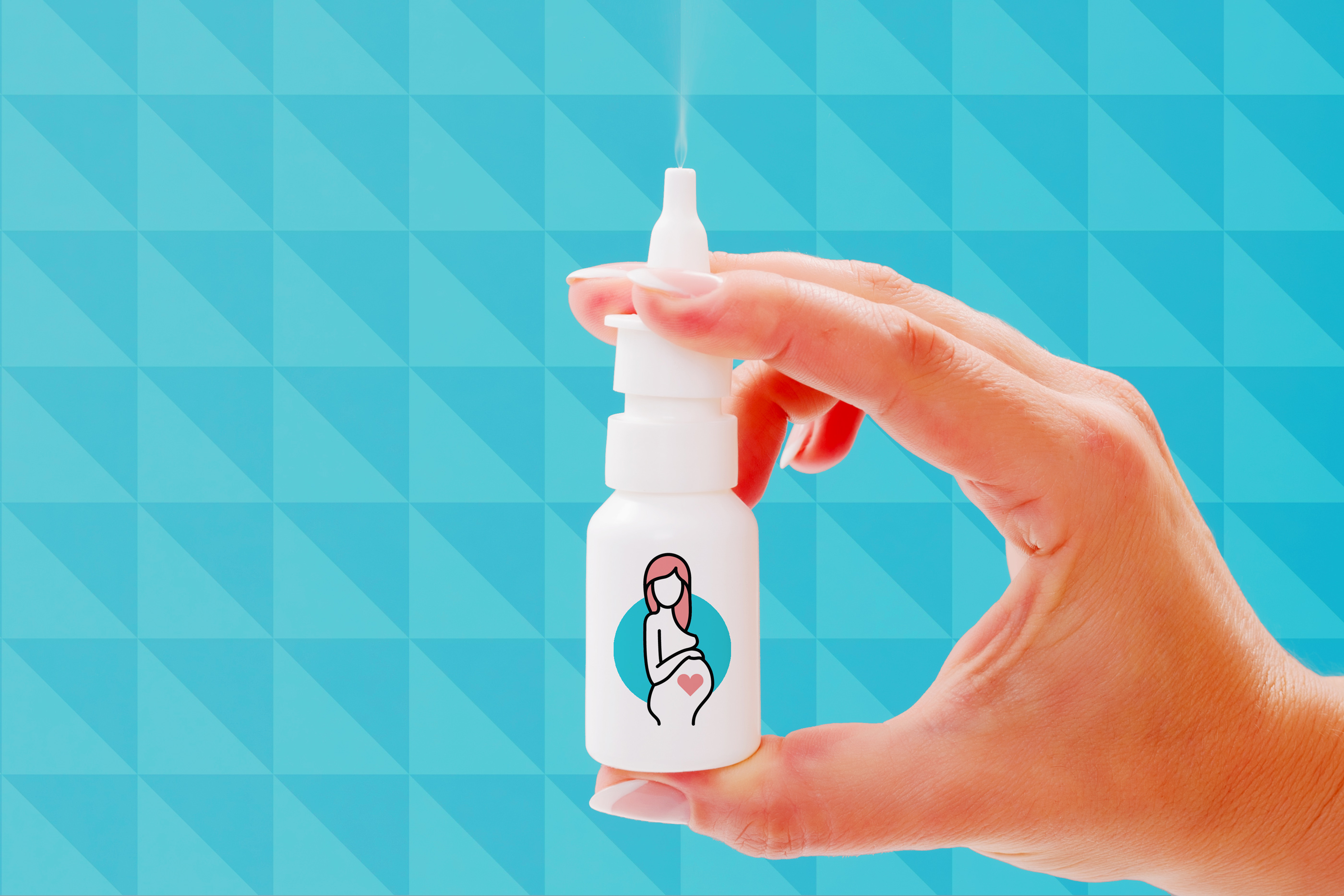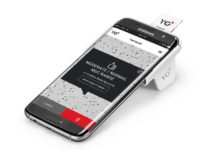
If you're exploring in vitro fertilization, or IVF, you've learned about the bevy of side effects and steep cost of the conventional method. But what you might not have heard about just yet is a less invasive alternative called needle-free IVF, which is being touted as a groundbreaking technology offered exclusively by New Hope Fertility in New York City.
Here's what you need to know about the specifics and the cost of needle-free IVF.
What is the case for needle-free IVF?
The method was developed by John Zhang, MD, MSc, PhD, the founder/CEO of New Hope, in 2016. The unique method involves oral pills, vaginal suppositories, and nasal spray, but no injections, notes Zaher Merhi, MD, FACOG, the director of IVF research and development in IVF technologies at New York's New Hope Fertility Clinic.
"Conventional IVF protocols have been used for over 35 years," Dr. Merhi says. "It is about time to update IVF protocols to minimize risks and inconvenience related to conventional IVF. Conventional IVF involves daily injections and almost daily blood draws, which are too intense and heavy on patients’ body and mind. Injections are painful and expensive."
To sidestep these uncomfortable aspects of traditional IVF, New Hope's needle-free method involves oral and nasal fertility medications to more gently stimulate the ovaries into producing egg follicles. Because this process isn't as rough on the body, patients are able to steer clear of conventional IVF side effects like weight gain—and get even higher-quality results, according to Dr. Merhi.
"If you think about pills and injections as food for the eggs, the less eggs there are, the less food they need," Dr. Merhi explains. "Injections are strong food, so if you overfeed low number of eggs with injections, you will hurt their quality. A lot of studies have shown that less eggs retrieved due to minimal ovarian stimulation is correlated with better quality eggs."
This is especially true for women who are considered advanced maternal age (35 ) and/or who have low ovarian reserve.
How does needle-free IVF work?
Like many conventional IVF patients, needle-free IVF patients start with a course of oral contraceptive tablets to prepare and stimulate the ovaries. But unlike conventional IVF, doctors will monitor the levels and baselines of pregnancy hormones (FSH, LH, estradiol, and progesterone) through urine and saliva, as opposed to daily blood draws.
These tests "are accurate for the hormone profiles that are needed for cycle monitoring, as long as the patient follows the instructions of the collection method," Dr. Merhi says.
The patient then takes a "proprietary combination of nasal sprays" followed by a final spray for ovulation induction. Once a patient is cleared for retrieval, egg retrieval is done just as it would be with conventional IVF.
How much does needle-free IVF cost?
"Generally in the U.S., conventional IVF costs between $10,000-15,000," Dr. Merhi says. By comparison, needle-free IVF will run between $5,000 and $7,000. The reason: "Conventional IVF involves taking injections which are very expensive," according to Dr. Merhi.
What are needle-free IVF success rates?
Your chances of conception with needle-free IVF are "identical" to conventional IVF's success rates, Dr. Merhi notes. That means that it varies from 40 to 65 percent in women under 35 and declines as women get older, down to less than 5 percent in women over 42.
Is needle-free IVF it right for you?
Although needle-free IVF is suitable for any patient, it's particularly useful for patients who:
The only factor that would disqualify a patient from being a candidate for needle-free IVF is an allergy to the oral medications or vaginal suppositories.
"Otherwise, everyone qualifies," Dr. Merhi says. "So far, the majority of patients who have gone through NF-IVF love it."





